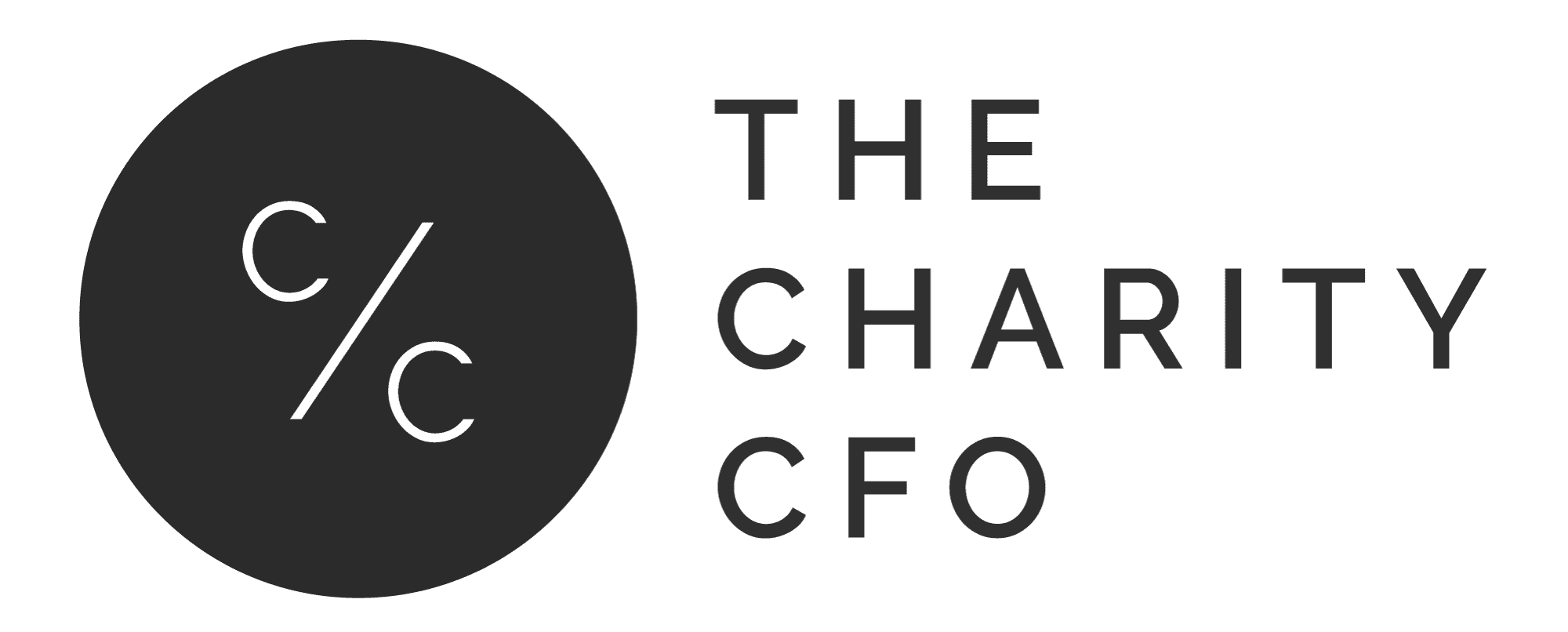Is Your Nonprofit Ready for an Audit? Here’s a Checklist to Help You Prep.
For nonprofits, audits are more than just a regulatory requirement–they’re a tool for safeguarding the organization’s mission and financial health. An audit helps improve an organization’s financial transparency, builds donor trust, and ensures compliance with regulations.
However, preparing for an audit can be overwhelming if you don’t have the right guidance. This comprehensive checklist can help you streamline the audit preparation process so every detail is ready for a thorough financial review.

Why is Your Nonprofit Being Audited?
Before preparing for your audit, it’s a good idea to look at why your organization may be facing an audit. There are many reasons nonprofits are audited, including:
- Regulatory Compliance
- Grant Requirements
- Board Oversight
- Unusual Financial Activity
No matter the reason for the audit, it’s important to be prepared.
Preparation can help minimize disruptions during the audit process. Preparing for an audit also helps ensure the accuracy of your financial records, which can help reduce discrepancies found by the audit.
Finally, being prepared for your audit shows a level of professionalism that helps protect your nonprofit’s reputation with the public.
Pre-Audit Prep
1. Review Financial Statements
Your first step in preparing for a nonprofit audit is to look at the financial statements of your organizaiton. Financial statements form the foundation of an audit, so your records must be accurate and complete. Take the time to carefully examine each financial statement, ensuring that all income, expenses, assets, and liabilities are properly recorded and classified.
In addition to reviewing financial statements, you should verify that all accounts are fully reconciled by comparing bank statements and other financial records against accounting records. Any discrepancies or inconsistencies should be addressed immediately to avoid complications during the audit.
2. Organize Financial Documents
Being organized will make the audit process much easier. Ask your auditor or accountant for a list of the required documents for your audit and use it as a checklist. You’ll generally need to gather all relevant financial records, such as:
- Bank statements
- Receipts
- Invoices
Once you have the documents you need, organize them in a way that makes them easily accessible.
3. Assess Internal Controls
Before your audit, it’s a good idea to analyze your internal controls and procedures. These controls help your organization safeguard assets and ensure accuracy in financial reporting. Reviewing your controls–such as how financial transactions are handled, recorded, and approved–helps with audit preparation. It’s also a great way to check if your controls are working as intended.
As you assess controls, identify any weaknesses or gaps in the processes. Pay special attention to the segregation of duties to ensure no single individual has control over all aspects of a transaction.
Key Areas to Focus On
1. Revenue and Donations
An organization’s revenue and donations are perhaps the most important aspects of running a nonprofit. Without revenue, you can’t serve your mission and help your community. They’re also often closely scrutinized during an audit.
Before your audit, ensure all donations are recorded accurately. This includes reconciling donation records with bank deposits. You’ll also want to verify that donor restrictions are properly documented and adhered to when using funds. Remember, to keep copies of all documentation received with your gifts (donor acknowledgement letter, cancelled check, grant agreements, etc.).
2. Expenses and Disbursements
Make sure to review and verify all expense transactions before your audit. Likewise, be sure to ensure you have the proper documentation for all disbursements from the organization. You may want to go over your organization’s budget and financial policies to check for adherence to these policies.
3. Grants Management
Grant funds often come with strict restrictions for their use and it’s up to your organization to use proper grant accounting practices. Your organization should be maintaining detailed records of any grant-funded activities.
As you prepare for your nonprofit audit, collect your grant agreements and the records of related expenditures. Carefully compare these documents to ensure compliance with grant terms and conditions.
4. Payroll and HR Records
You’ll need to verify the accuracy of your payroll records and employment tax filings as part of your audit prep. Verifying records also includes gathering and organizing proper documentation for all employees and contractors.
During this step, you may also want to review your compliance with labor laws and regulations. If you find issues with employee or contractor documentation, you can remedy them now.
5. Compliance with Regulations
In addition to tax and employee regulations, your organization may fall under specific federal, state, and local regulations for your type of nonprofit. Plan to review your adherence to those regulations prior to your audit.
Specifically, you’ll want to make sure you comply with IRS requirements for nonprofits. Use industry-specific standards to document your compliance with any regulations that govern your organization.
Final Review and Preparation
1. Conduct a Pre-Audit Self-Assessment
Before you face your official audit, conduct a self-lead financial review of your organization. Think of it as a dress rehearsal for your official audit using the audit checklist.
Be sure to address any issues, discrepancies, or mistakes you identify during the self-assessment.
2. Prepare for the Auditor’s Visit
Once you’ve gathered all the necessary documents for your audit, you can start organizing them for the auditor’s review. Start by setting up a dedicated workspace for the auditors with easy access to your documents. Be prepared to provide auditors with any additional information or support they may need.
Need Help Preparing for a Nonprofit Audit?
Thorough audit preparation makes a nonprofit audit run smoothly, reducing your stress and the time to complete the audit. This checklist will help you be ready for your nonprofit audit so you can catch–and resolve–potential issues in your financial documents.
In addition to this comprehensive audit checklist, you can reach out to the Charity CFO for help with audit preparation. We specialize in helping nonprofits with financial management–including audit readiness. Our team will help you go through the checklist and prepare documents for a smooth, stress-free audit process.
Contact us today to learn more about audit preparation.







